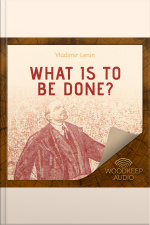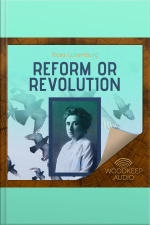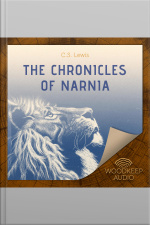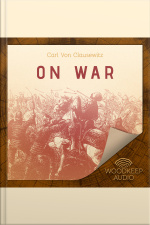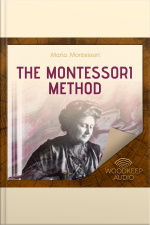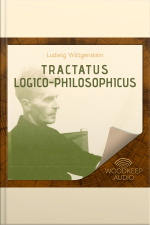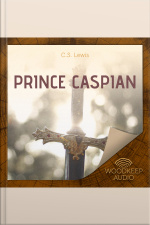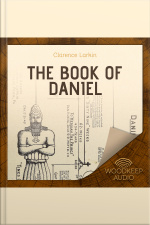‘What Is to Be Done?’ (1902) is a political tract written by the Russian revolutionary Vladimir Lenin. Lenin argues that the working class will not become politically aware...
‘Reform or Revolution’, also titled ‘Social Reform or Revolution?’ is an 1899 pamphlet by Polish-German Marxist theorist Rosa Luxemburg, in which she argues that trade...
Emily Dickinson (1830-1886) was a reclusive poet whose only friendships were carried out by letter. She wrote nearly 1800 poems in her life, but very few were published until...
The Chronicles of Narnia is one of the most famous and beloved series of fantasy novels, having sold over 100 million copies. The seven part series was published between 1950 and...
William Wymark Jacobs (1863 — 1943) was an English short-story writer. ‘The Monkey's Paw’ is a classic horror storywhose title refers to a shrunken monkey’s paw that is...
‘On War’ by the Prussian general Carl von Clausewitz (1780–1831) is a classic of war and military strategy published in 1832. Some of the key concepts discussed in the book...
Maria Montessori (1870 -1952), the physician and educator, was the first woman to graduate from the University of Rome Medical School. Her classic of educational philosophy is...
The Tractatus Logico-Philosophicus is a classic work of philosophy by the Austrian philosopher Ludwig Wittgenstein. Written during World War I, The Tractatus consists of seven...
'Prince Caspian' is the fourth novel in 'The Chronicles of Narnia' series. It tells the story of Caspian, a Telmarine prince, who enlists the help of the Pevensie children to...
Clarence Larkin (1850–1924) was a pastor, author and theologian. The Book of Daniel’ examines the Biblical book of Daniel in detail. An entire chapter is devoted to the dream...
